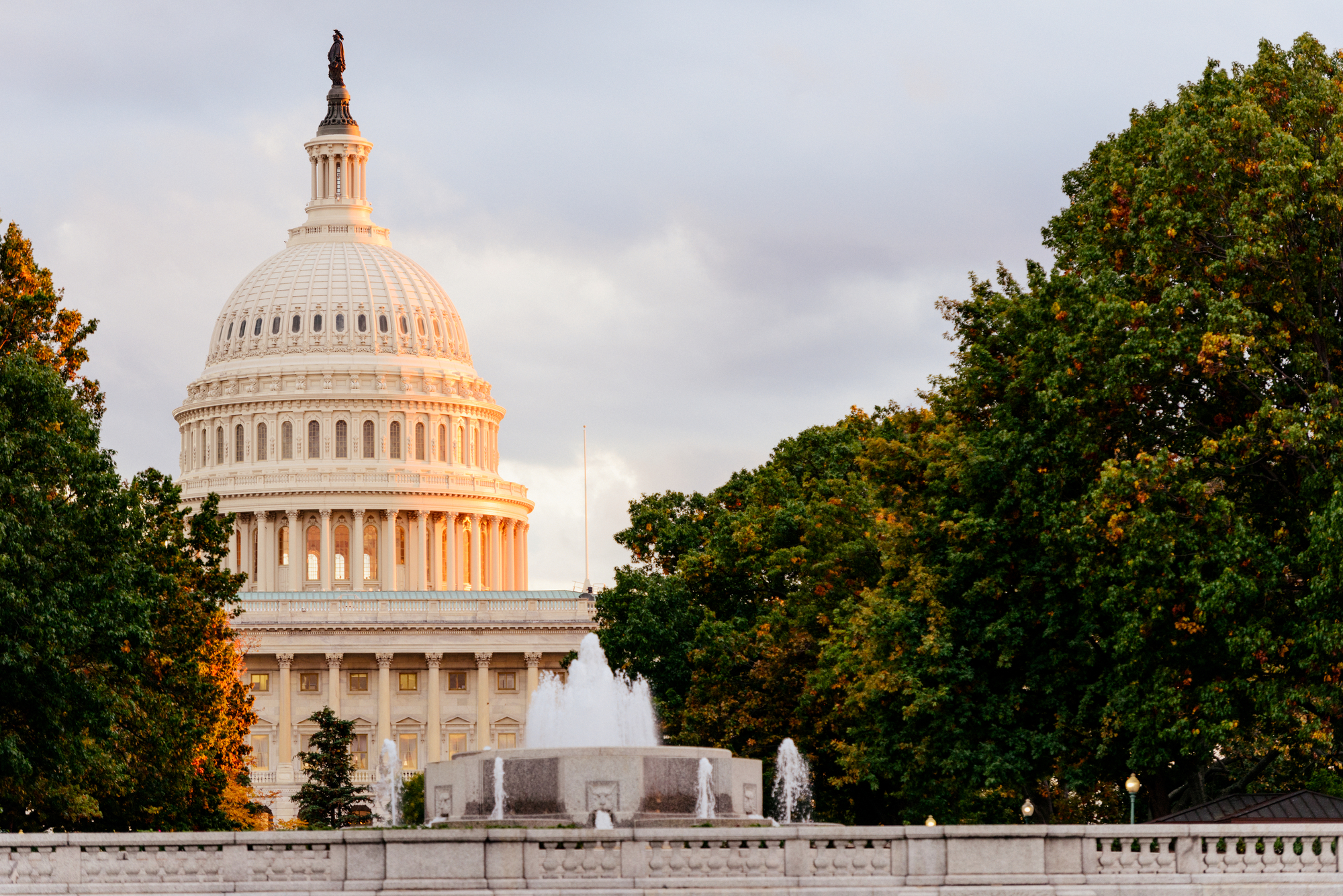
- Details
- By Native News Online Staff
WASHINGTON — The Senate Committee on Indian Affairs on Wednesday passed the following four bills at its business meeting:
- S. 790, A bill to clarify certain provisions of Public Law 103-116, the Catawba Indian Tribe of South Carolina Land Claims Settlement Act of 1993, and for other purposes;
- S. 3264, Bridging the Tribal Digital Divide Act of 2020;
- S. 4079, A bill to authorize the Seminole Tribe of Florida to lease or transfer certain land, and for other purposes; and
- S. 4556, A bill to authorize the Secretary of Health and Human Services, acting through the Director of the Indian Health Service, to acquire private land to facilitate access to the Desert Sage Youth Wellness Center in Hemet, California, and for other purposes.
S. 790 will provide authority for the Secretary of the Department of the Interior to take land into trust in Cleveland County, North Carolina, on behalf of the Catawba Indian Tribe, for the purpose of conducting Indian gaming. The legislation was introduced by Senator Lindsey Graham (R-SC) on March 13, 2019 and is cosponsored by Senators Richard Burr (R-NC) and Thom Tillis (R-NC).
S. 3264 establishes a Tribal Broadband Interagency Working Group that would provide technical assistance to tribes for the development of a Tribal Broadband Deployment Plan, detailing current and projected efforts to meet broadband connectivity goals in tribal communities. The legislation would also establish a Tribal Broadband Deployment Advisory Committee for tribal leaders to reach consensus and make recommendations to Congress on ways to improve services. S. 3264 was introduced by Senator Tom Udall (D-NM) on February 11, 2020, and is cosponsored by Senators Martin Heinrich (D-NM), Maria Cantwell (D-WA), Elizabeth Warren (D-MA), Tina Smith (D-MN), and Brian Schatz (D-HI).
S. 4079, which was introduced by Senators Marco Rubio (R-FL) and Rick Scott (R-FL) on June 25, 2020, authorizes the Seminole Tribe of Florida to convey, or otherwise transfer, interests in land. This authorization does not include lands held in trust. The bill rectifies the limitations placed on the tribe by the Non-Intercourse Act. Originally enacted in 1790, the Non-Intercourse Act requires the tribe to first get federal approval before conveying any land interest. S. 4079 would allow for the tribe to operate without this unnecessary delay and to exercise greater control over their own affairs.
S. 4556, which was introduced by Senator Dianne Feinstein (D-CA) on September 10, 2020, authorizes the Department of Health and Human Services, acting through the Director of the Indian Health Service, to purchase land at fair market value from willing sellers in order to facilitate access to the Desert Sage Youth Wellness Center in Hemet, California. A dirt and gravel road, known as the “Best Road”, will be authorized to be acquired by HHS in order for IHS to construct and maintain a paved road that accesses the Center throughout the year.
The Committee voted favorably by voice vote on S. 790, as amended, and S. 3264, as amended, as well as S. 4079 and S. 4556. All four bills will now move to the Senate floor for further consideration.
More Stories Like This
Native News Weekly (August 25, 2024): D.C. BriefsCheyenne River Youth Project to Celebrate Women’s Strength at Barbie-Themed Passion for Fashion on March 14
Celebrating Native American Women
Native Bidaské: The Illusion of Freedom and the Myth of America 250, Leonard Peltier Speaks Out
Monday Morning (March 2, 2026): Articles You May Have Missed This Past Weekend
Help us defend tribal sovereignty.
At Native News Online, our mission is rooted in telling the stories that strengthen sovereignty and uplift Indigenous voices — not just at year’s end, but every single day.
Because of your generosity last year, we were able to keep our reporters on the ground in tribal communities, at national gatherings and in the halls of Congress — covering the issues that matter most to Indian Country: sovereignty, culture, education, health and economic opportunity.
That support sustained us through a tough year in 2025. Now, as we look to the year ahead, we need your help right now to ensure warrior journalism remains strong — reporting that defends tribal sovereignty, amplifies Native truth, and holds power accountable.
 The stakes couldn't be higher. Your support keeps Native voices heard, Native stories told and Native sovereignty defended.
The stakes couldn't be higher. Your support keeps Native voices heard, Native stories told and Native sovereignty defended.
Stand with Warrior Journalism today.
Levi Rickert (Potawatomi), Editor & Publisher

